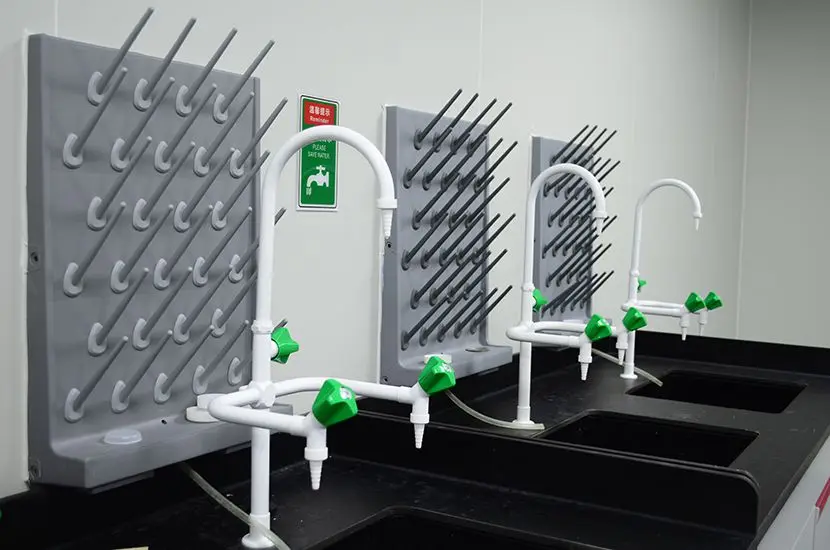
UN38.3 Certification Test Report for Lithium Batteries
To market lithium batteries, especially for export, UN38.3 certification is requiRED. So, what is un38.3 certification, what is its scope, and what does the testing involve? China JJR Laboratory provides the answers.
What is un38.3 Certification?
UN38.3 refers to Section 38.3 of Part 3 of the "United Nations Manual of Tests and Criteria" for the transportation of dangerous goods. UN38.3 is a safety performance testing report for batteries, conducting a comprehensive set of safety performance tests on various types of batteries according to both domestic and international standards. This ensures product quality and safety, helping battery manufacturers meet standards and enhance export capabilities.

In simple terms, it is safety testing for the transportation of lithium batteries.
What is the Scope of UN38.3 Certification?
1. Various types of lithium-ion secondary batteries (e.g., power vehicle batteries, electric road vehicle batteries, electric tool batteries, hybrid vehicle batteries, etc.)
2. Various mobile phone batteries (e.g., lithium-ion batteries, lithium polymer batteries, etc.)
3. Various small secondary batteries (e.g., laptop batteries, digital camera batteries, camcorder batteries, various cylindrical batteries, wireless communication batteries, portable DVD batteries, CD and MP3 player batteries, etc.)
4. Various primary batteries (e.g., lithium-manganese batteries, etc.)
What Testing Items are Included in UN38.3?
1. Altitude SimULation Test
2. Thermal Test
3. Vibration Test
4. Shock Test
5. External Short Circuit Test
6. Collision Test
7. Overcharge Test
8. Forced Discharge Test
What are the Testing Requirements for UN38.3?
1-4: No mass loss, no leakage, no venting, no disintegration, no rupture, no fire; open circuit voltage not less than 90% of the pre-test value.
5-6: Surface temperature does not exceed 170°C, no disintegration, no rupture, no fire within 6 hours of testing.
7-8: No disintegration, no fire within 7 days of testing.
Email:hello@jjrlab.com
Write your message here and send it to us
 2026 EU SVHC Candidate List (253 Substances)
2026 EU SVHC Candidate List (253 Substances)
 LFGB Certification Cost and Timeline Guide
LFGB Certification Cost and Timeline Guide
 Bluetooth FCC Test Report
Bluetooth FCC Test Report
 Is FCC Testing Required?
Is FCC Testing Required?
 Where to Find FCC Test Reports
Where to Find FCC Test Reports
 LFGB Compliance Testing for Plastic Food Contact M
LFGB Compliance Testing for Plastic Food Contact M
 How to get LFGB Compliance Report for Food Grade P
How to get LFGB Compliance Report for Food Grade P
 LFGB Certification Process for Kitchenware Product
LFGB Certification Process for Kitchenware Product
Leave us a message
24-hour online customer service at any time to respond, so that you worry!




